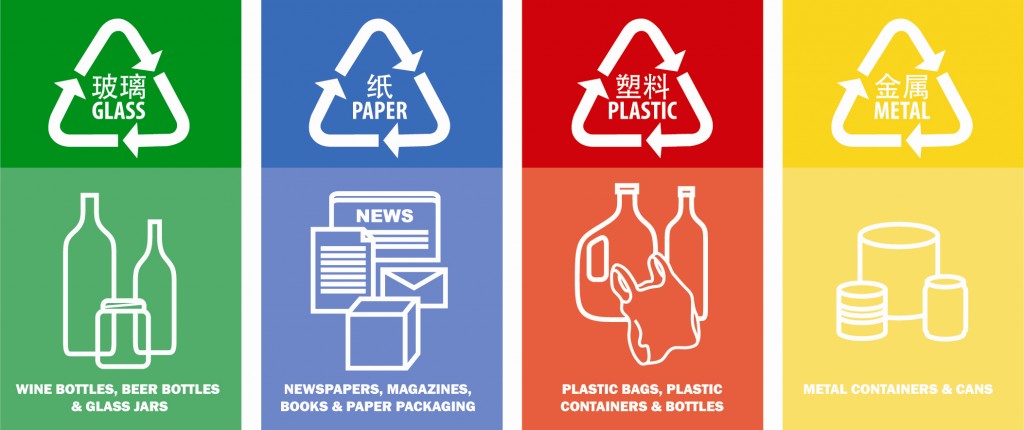
Despite previous discussions of various solutions by organisations, the individual makes decisions for himself/herself eventually. The solutions provided can only act as a guideline and a form of encouragement to induce environmentally-friendly behaviour. At the end of the day, it is up to every individual to be conscious of his/her actions and whether they are ready to take action against it. There are both internal and external factors that influence the psychology behind every individual’s behaviour.
External factors:
- Affordances
- The ability to carry out sustainable behaviour such as the presence of recycle bins at the convenience of individuals.
- Social Norms
- Individuals tend to conform to social norms as they would prefer to engage in activities that others/their friends are doing (ie. class community volunteering to pick up trash on coasts).
- Peer-perceive Endorsement
- How one’s actions is being judged by peers, if individual receives validation when engaging in environmentally-friendly behaviours, the behaviour is reinforced.
- Reinforcement
- Rewarding positive behaviours like receiving praise after picking up litter.
- Taxes and Laws
- Receive fines for littering or illegal dumping.
- Incentives
- Usually in monetary form, like receiving cash in exchange for a certain amount of cardboard boxes or aluminium cans.
Internal factors:
- Knowledge
- This is where education is essential to allow individuals to gain understanding of ocean pollution by plastics, one can only take action if he/she is aware of the issue.
- Attitudes
- People with positive attitudes to conserve only need to be reminded to engage in sustainable behaviour while those with negative attitudes need to be persuaded.
- Values
- Similar to social norms as values are usually developed and learned from the community that individuals grow up in. If one originates from a family that is environmentally conscious and lead a green-lifestyle, he/she will feel more obligated to follow suit.
- Emotion
- Positive feelings (eg. empathy, happiness, and love) linked to sustainable behaviour act as a reinforcement. Moderate fear for own future can also cause individuals to act.
- Self-efficacy
- Individuals must perceive themselves as being capable of an action to make a difference, like a simple act of minimising plastic usage.
- Attribution of Responsibility
- Responsibility must first be taught to the individual, commitment to sustainable behaviour is effective in seeing positive behavioural results.
- Cognitive Dissonance
- Two inconsistent states within the self, like wanting to reduce the plastic in oceans but is not comfortable to begin.
What can I do?

There are many things that individuals can do to play a part in combating plastic pollution in oceans. Besides recycling in the form of sorting out our trash before disposing them into recycling bins, and reducing our usage of plastic bags by saying NO to one-time usage of plastic bags, other efforts like reusing the plastic products to create art pieces and not using disposable plastic products like plastic cutlery or cups also helps to reduce the impact of plastic pollution. Individuals can also actively join NGOs and contribute to their funds to show support.

Collective Effort
If every individual is able to act responsibly towards the environment, our collective efforts will definitely be impactful.

Next, education efforts.
Previously, non-governmental organisations efforts.
Be First to Comment